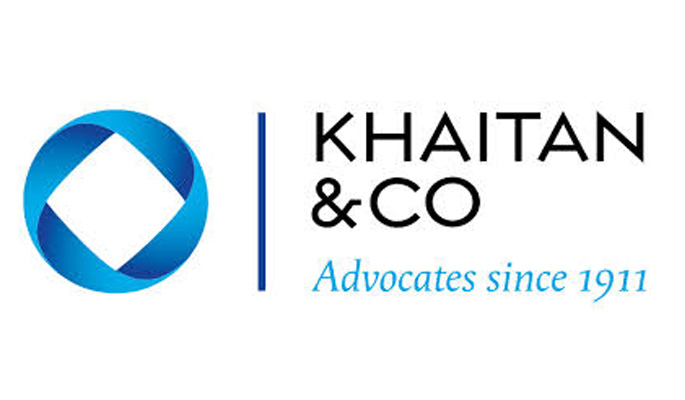
How’s the corporate training scenario at your organization? Do you think you have hit a wall with learning and training programs already? One major reason could be that even though your organisational training methods are regularly updated, they may not be working well with the different learning styles of your employees. Microlearning techniques, in the recent past, have proved to effective in solving most known learning and training requirements within any organisation.
But it is important for you to consider all sides of the story, and then decide whether microlearning would be the most efficient way of delivering learning and development? And, whether it will help create lasting behavioural changes? And to help you make a well informed decision, here are four things to consider before implementing microlearning platforms for employee training programs –
1. Learning styles of employees
Table of Contents
Learning styles may differ from individual to individual. One of the primary mistakes that organisations commit when it comes to their team’s learning needs is exposing everyone to the same training program. This can lead to a lower engagement rate. That’s because no two teams, or even two individuals would have the same needs and requirements.
Thus, to make the best of your employee training programs, you need to ensure that the training is tailored to cater to the individual learning styles of the employees. And, that’s where the magic of microlearning can come in handy. The self-paced convenience, paired with the option of customising the entire content can help target the specific learning needs of your team members. Also, the real life application based modules help the learner retain the information for a long period of time.
2. Focus on training concepts and outcome

Microlearning helps employees apply their learning’s faster, but it works only with specific training materials. This prevents it from being a multiple-faceted Learning delivery tool. And, thus, if the concept can’t be broken down into small segments, implementing microlearning might not be the best idea. This is because microlearning can only target certain behavioural aspects and performance objectives, with ease.
3. Design of the training content
Like any other e-learning methodology, microlearning can employ rich and aesthetically pleasing media to enhance user engagement. Backing up the employee training and presentations this way ensures that the learner stays focused throughout. Another important aspect to take care of, is the accessibility and availability of the concepts. In addition to the rich media design, the learners should also be able to search for a specific concept or tagged items.
4. Training goals and outcomes

Every corporate training program must start only after the goals or outcomes are clearly defined. You need to to plan out every step of the training program in detail, keeping the final objective in mind. IncludIng your team in the brainstorming process can help improve the effectiveness of the content. Their inputs will allow your training to remain user-friendly and highly engaging .
Conclusion
In summary, taking the four areas mentioned above into consideration can help enhance the effectiveness of your microlearning endeavours. They will also help you understand the gaps in your existing training programs. Which, in turn, can help determine the correct action steps for you to follow. Remember that microlearning will prove impactful and effective when it tarrgets specific learning and behavioral outcomes.










